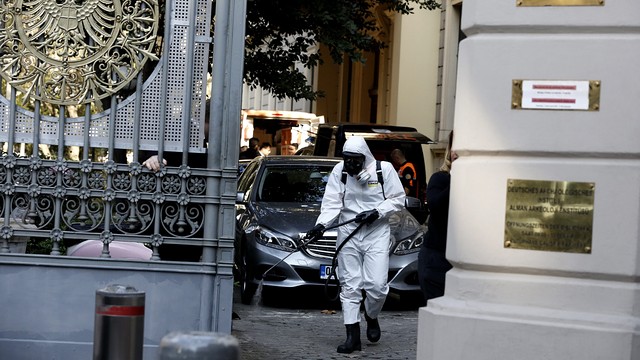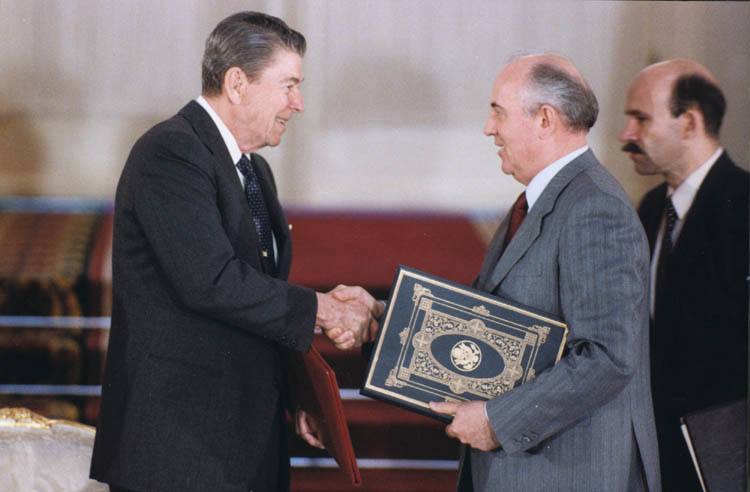
Turkish emergency services were called to the Hungarian consulate in Istanbul Monday morning, after reports emerged that a suspicious package containing a yellow powder had been delivered. The Hungarian consulate becomes the sixth foreign office to receive the unidentified substance since Friday.
On October 24, 2014, letters containing a yellow powder were delivered to the Canadian, Belgian, French and American consulates, sparking fears of a chemical attack. The package sent to the Hungarian consulate is believed to have been sent Friday, but remained unopened over the weekend. The consulate was closed Thursday and Friday for a Hungarian national holiday.
Five of the six effected consulates were evacuated, as decontamination teams worked diligently to clear the area. Six employees from the Hungarian consulate were hospitalized Monday. A total of twenty-four people – five foreigners and 19 Turks – working at the consulates were kept in hospital over the weekend as a precautionary measure.
Ten of those hospitalized last week were from the Canadian consulate, which remained closed Monday. Canadian diplomatic missions overseas have been on heightened alert since two separate militant attacks last week in Ottawa and Quebec.
On Monday, preliminary toxicology results were released, which showed no initial signs of lethal viruses. According to a statement released by Turkish officials, the suspicious powder showed “no sign of anthrax, plague, tularemia, ricin or any other biological warfare substance,” but said further tests were being carried out for other possible substances.
An investigation is currently underway to determine the origin of the letters. No group has yet to claim responsibility.




